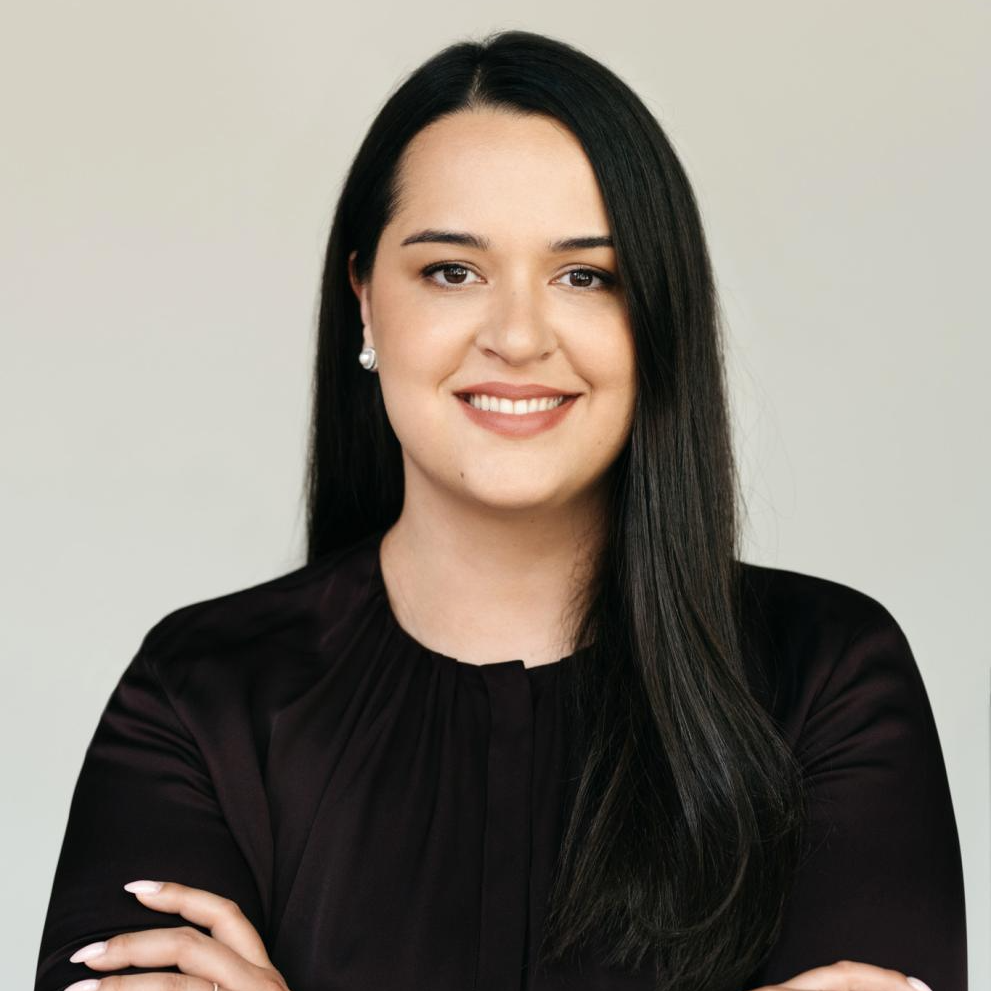The EU has learnt the hard way that the job of a VC is no joke.
The European Commission has been developing its first-ever scheme to invest directly into the continent’s most promising deeptech startups — but only one company has received equity backing in over a year.
The delays in payments have left many startups short of cash — and some on the brink of going out of business. It’s also tarnished the reputation of the European Innovation Council (EIC), the EU body responsible for the scheme, which is meant to boost the continent’s startup ecosystem and sweep away the usual Brussels funding bureaucracy.
[The delay] puts companies like us in risk of closing
“[The delay] puts companies like us in risk of closing,” said one founder whose grant has been delayed since the beginning of the year. The founder, who didn’t want to be named to protect their relationship with the Commission, says they’re now trying to bridge the financing gap. “We are even willing to take terms that are not ideal for the company just to bridge the delay in timing.”
“I genuinely believe that if they don't get it sorted out in the next, frankly, few weeks, companies will fail because of this,” says Chris Smith, partner at Playfair Capital, a VC.
Now the Commission, the EU’s executive arm, has decided that EIC investment deals will be managed by an external fund manager from the private sector, under the guidance of the European Investment Bank.
“The delays in investment since the launch of the EIC represent a major setback and the reconstructed EIC Fund must go further and faster in attracting co-investors,” said the EIC board — which includes well known tech figures like Kat Borlongan and Kinga Stanislawska — in a statement.
“It's just another friction point in the ecosystem,” says Michael Jackson from Multiple Capital, a venture fund of funds. “It's really tough to build a scalable deeptech company in Europe. And when there are programmes like this, that are well-intentioned, but really not well thought through, it's just [causing another] problem.”
How it started
There’s a general consensus that the EIC’s guiding idea — to pour more money into scaling up businesses from strategic deeptech sectors, which often lack financing — is not a bad one.
“There was a clear need and a clear demand all across Europe, for pre-seed and seed investments, especially in companies belonging to capital intensive industry,” says Emmanuele Angione from Lira, a venture funding advisory. “The EIC accelerator [one of the body’s main financing instruments] was addressing that clear gap really, really well. At least in principle.”
In the past, Brussels’ financial support for innovation was spread across countless schemes that paid out grants to academic researchers or small and medium enterprises.
But there was no effective tool to commercialise the research of promising deeptech companies and help them scale up. The result has been a growing scaleup gap between Europe and its main economic competitors: the US and China.
That’s why in 2018 the Commission launched its EIC initiative for startups and scaleups that it saw as strategic for the EU’s so-called “technological sovereignty” — a grand push to shore up the continent’s role in cutting edge tech like chips, quantum computing and groundbreaking climate solutions. The body not only pays out grants but also invests in startups in exchange for equity.
After a three-year pilot scheme, in 2021 Brussels launched a fully-fledged programme. It offers grants of up to €2.5m and invests up to €15m per company, for a maximum equity stake of 10 to 20%. Over seven years, it wants to invest €3.5bn in around 500 to 700 deeptech companies.
At first sight, the scheme has been successful: during the three-year pilot phase, the EIC approved €616m worth of investments in 137 companies. The funder is boasting that it’s already helped to create five unicorns, such as Cellink and Relex, and each new call for applications is getting around 1,000 entries.
How it’s really going
But the reality is that many startups involved in the scheme have had to wait years for the money.
Out of 237 companies selected for funding since the start of 2021 — when the current programme launched — 99 companies opted for grants only, while eight asked solely for equity investments, and 130 opted for so-called blended finance, a combination of grants and equity, according to the latest Commission data from June.
But to date, pre-financing of grants has been paid out only to 56 companies. Only one startup, SiPearl, a French chip manufacturer, has received equity capital — and to complete this deal, EU officials had to go to extraordinary, byzantine lengths, finally seeking one-off approval from 27 EU commissioners (not quite the smooth procedure sold to applicants).
55 of the 137 startups the Commission committed to invest in during the three-year pilot are still waiting for funding too. Only €200m has been actually invested out of the €616m promised, according to a June analysis from the European Association of Innovation Consultants, an industry group.
“The initiative is really good,” says a startup founder who has been waiting for money since October 2020. “But the delays are too long compared to the fundraising and the needs for such companies to grow, and to grow at the same pace as their competitors in the US,” they say, adding that they might be forced to lay off people in the coming months.
“It's a year and a half that we were investing in this and a lot of legal fees and a lot of paperwork that they needed; it was a lot of board and management attention, just to get this up and running,” says another founder. Some exasperated applicants find outlets for their frustration on Twitter, following one of the several accounts dedicated to poking fun at the EIC and its tortured decision making timelines.
The Commission says that the delays are caused by the “restructuring” of the fund between the pilot and the fully-fledged programme. “After the experience of the pilot, the Commission has deeply assessed the right structure to manage such a large portfolio of investments in full compliance with the legal framework,” one Commission official says.
People familiar with the matter say the main issue is that some Brussels officials doubt that the Commission has the relevant experience and resources to convincingly pull off this new VC role (some investors Sifted spoke to are of the same opinion).
This uncertainty has slowed down investment decisions, which in turn has caused the backlog of unprocessed cases and delays in decisions and payments. The companies also complain they haven’t been kept in the loop about the delays.
The coinvestor conundrum
Some startups were informed during the investment process that to complete their fundraises, they needed to find a coinvestor to lead the round — the first that they had heard of that requirement.
One founder, who the EIC committed to back in January 2020, says they made some hires based on the promised money. But four months later they found out that they needed to find a lead investor — and they had to decrease headcount as a result of the delay in funding.
“We understand the reasons why the EU might say that a private investor is required. Only, let's say the pity is that we didn't know that in advance,” they say.
The Commission says that the main purpose of the EIC is to crowd in private investment. During the initiative’s pilot, the EIC was the sole investor in about half of the startups it backed — when finding a coinvestor was impossible. With the new programme it claims “nothing has changed”, and it seeks coinvestment but “this is not an obligation”.
The founders aren’t convinced that such an approach attracts private VCs.
“The fact that they are holding the process and it takes them forever to close it poses concerns to the investors that we are talking to,” one founder says. “Both the internal investors and the externals were feeling that we might have a problem here… this funding is up in the air and the company might lose it.”
Way forward
The EIC board says that its “immediate and pressing” concern right now is to “rapidly achieve operational excellence.”
“The pilot phase demonstrated that the EIC can operate on market relevant timeframes with grants processed in a few months and investment in a few weeks,” they said.
The agency now aims to pay out the first grant payments within four to five months of applying and to agree on an investment term sheet within eight weeks.
But according to the new structure, the Commission won’t be in charge of these processes anymore: they will be managed by an external fund manager from the private sector — who should be hired by the end of July — under supervision of the European Investment Bank.
The EIC will keep selecting the companies, paying out grant instalments and recommending the size of each investment. It says that the signatures and payoffs of remaining grants and equity investments to selected startups will take place gradually from the summer until the end of the year.
“With the new arrangements in place, the time for implementing the grants and investment support for companies selected by the EIC Accelerator will be progressively reduced in order to meet the needs of fast-moving technology startups,” the Commission’s spokesperson added.
Zosia Wanat is Sifted’s central and eastern Europe reporter, soon to be based in Warsaw but currently in Brussels. She tweets from @zosiawanat
Éanna Kelly contributed to this article.


